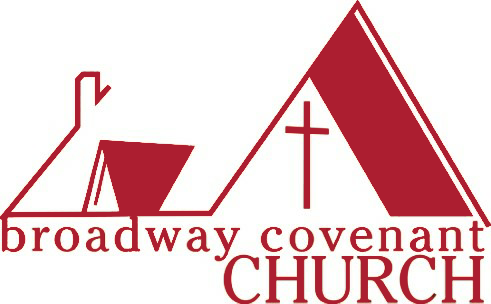James 3:1-2
Dear brothers and sisters, not many of you should become teachers in the church, for we who teach will be judged more strictly. Indeed, we all make many mistakes. For if we could control our tongues, we would be perfect and could also control ourselves in every other way.
We have plenty of euphemisms for the mistakes we make while speaking: getting tongue-tied, tripping over your tongue, stammering, putting your foot in your mouth, a slip of the tongue. We all stumble over our words occasionally, and sometimes we say things without thinking or accidentally use the wrong word at the wrong time. Once words leave your mouth, there’s no taking them back, which makes speaking a more perilous activity than writing. When you write, you can go back and edit your words. You can rethink what you really want to express. But when you speak, there’s no delete button and no way to un-send your words. Thoughts fly out of your mouth and into the ears of people nearby, and whatever you said, you said.
James, who served the early church as both a writer and a teacher, wasn’t concerned about innocent verbal mistakes. Instead, he warns us in these verses against false teaching and using our words in damaging ways. His caution is less about stammering and more about running on at the mouth. It’s less about a slip of the tongue and more about saying things that are dishonest or hurtful. There’s a big difference between a mistake and a sin, between tripping over your words and choosing to say unkind or untrue things. If you are going to teach God’s word in the church, you better know what you are talking about. And if you put yourself forward as a preacher or spiritual leader, remember that you will be held to account for the words you say. Teaching and preaching God’s word can be a great gift to the church, and those who are called to serve in this way can help people find new life in Jesus and grow in their faith. A wise and faithful teacher blesses God’s people. But someone who teaches falsehood, who distorts God’s word or who presents his own ideas as though they were God’s truth can do a great deal of damage in the church. Examples of false and deceptive teaching are far too common in today’s church. Those who teach should return to these verses often, carefully examining their hearts and their words to be sure their tongues are under the control of the Holy Spirit.
In the same way, all believers have a responsibility to test what they hear against the truth of God’s word. The best defense against false teaching is knowing scripture. That’s why we study the Bible together and why we encourage every believer to read God’s word daily, listening to the Spirit’s voice and filling our minds and hearts with truth. The more you know God’s word, the better equipped you will be to separate truth from deception and to discern God’s wisdom from the world’s foolishness.
Father, You always speak truth and Your word is full of wisdom. Help me to take Your word into my heart so I can know what is right and what is wrong. When I open my mouth, may my words bring You honor and build others up in Your truth. I pray this in Jesus’ name. Amen.
____________________________
Pastor Mike Mirakian


